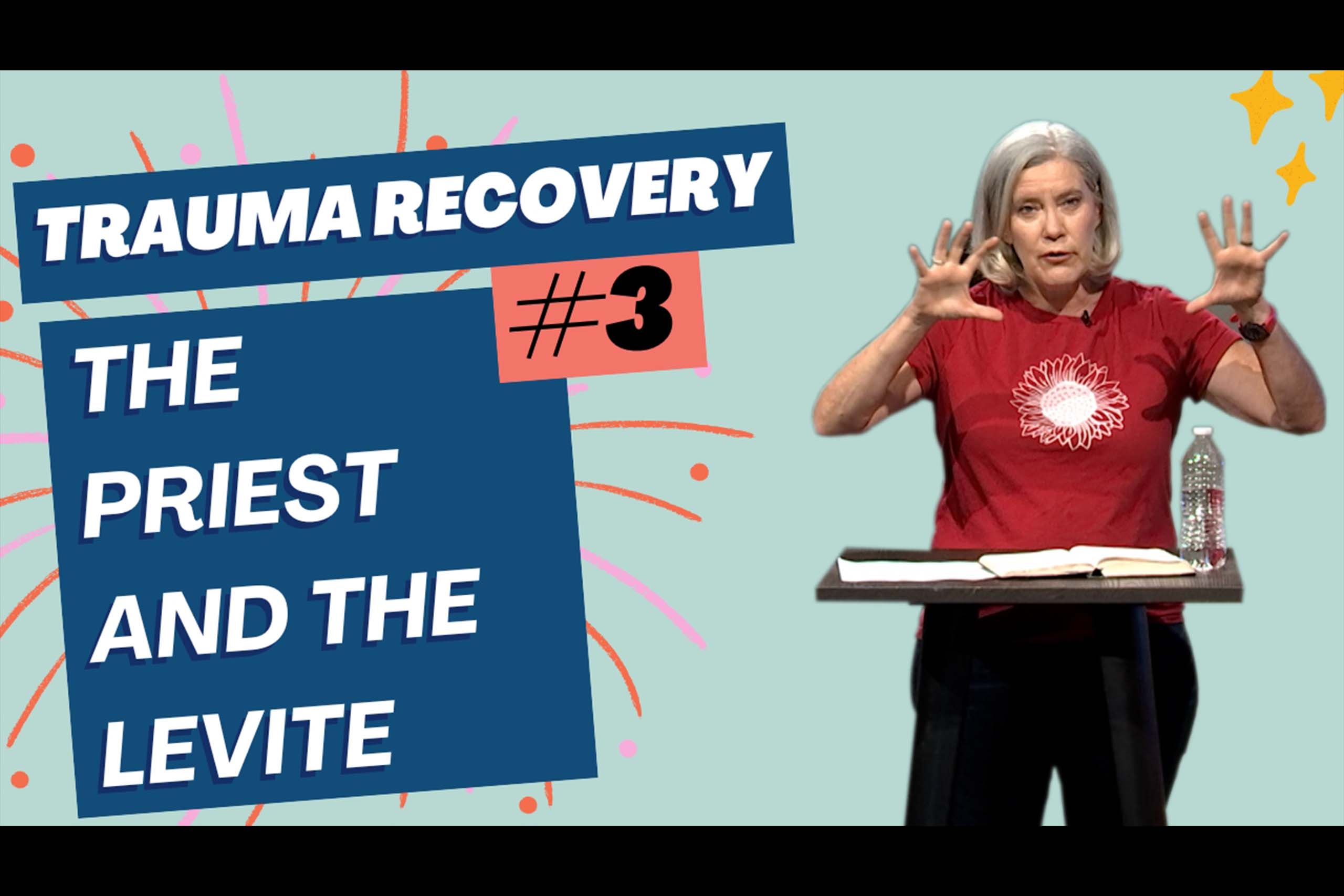Jeremiah 29:11, “For I know the plans that I have for you,’ declares the Lord, ‘plans for welfare and not for calamity to give you a future and a hope.”
I love this verse, full stop. It has encouraged me more times than I could count, offering me comfort that God has really good plans, hope and a future for me. There have been seasons in my life where I’ve been discouraged and even hopeless. In these seasons, God has repeatedly encouraged me with this verse and I’m abundantly grateful.
While this verse helps me to look up at God, and look past the immediate muck, it can still be a struggle to know what to do until God’s plans and good stuff starts to change the immediate situations. Great that God has a good future, but what about now?
It’s interesting to think about the context of Jeremiah 29:11. Who was hearing this encouragement and what were they going through, such that they needed these words? Consider that the people who were receiving this encouragement were Jews who had been brutalized, displaced from their homeland and living in a completely foreign environment. They had been sent into exile in Babylon, lost family members, homeland, culture, their central place for worship and even some of their national identity. In the midst of such a horrific experience, God encourages them that He has plans for their welfare and good future.
Perhaps these Jews found this verse to be encouraging, but I can’t help but wonder if they also didn’t have questions related to their now existence. Maybe they were thankful for the hopeful future, but maybe they needed to know what to do in their present moment.
The answer to this question about the now existence is given in the verses that precede Jeremiah 29:11. In Jeremiah 29:5-7, God instructs these Jewish exiles to settle down and make Babylon home by:
- Building houses and living in them.
- Planting gardens and eating the produce.
- Facilitating the continuation of families by taking wives, having children and getting husbands for their daughters and wives for their sons, so the continuity of families could be maintained.
- Seeking the welfare or benefit of the city where they’ve been exiled, appreciating that when the city does well, so do its inhabitants.
In essence, God is telling these Israelites to put down their roots and settle into Babylon. Such roots would help them to experience the hopeful future that God had planned for them.
I think that all of this is massively helpful to us in our modern living because each of us goes through hard and seemingly impossible seasons and experiences. For me, when I’m in a difficult situation or season, I want to escape and return to something that’s more comfortable and familiar. But in Jeremiah, I’m challenged to “bloom where I’m planted” so that God can employ His plans for my welfare or benefit, giving me hope and future.
Let’s keep God’s encouragement for His plans and future in our lives. At the same time, let’s choose to bloom where we’re planted, letting our roots go deep so that our fruit can be abundant. Remember that fruit is a result of roots that are healthy and deep. The future can be really bright when we keep our roots and core identity firmly grounded in God!



